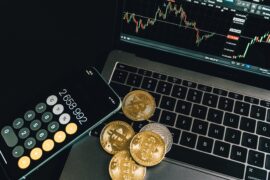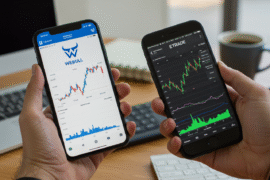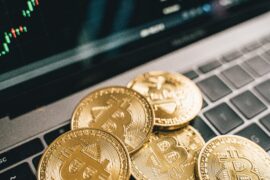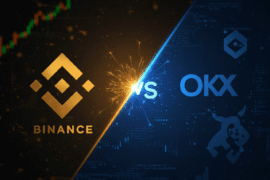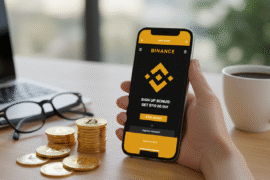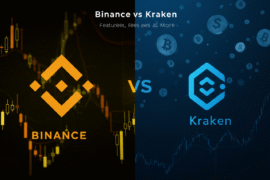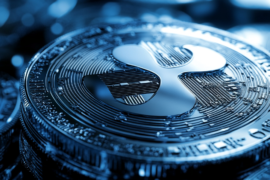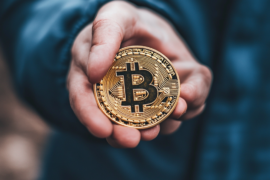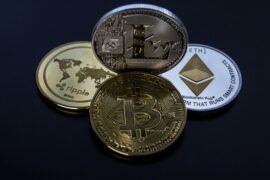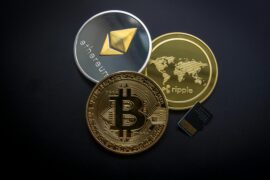This article may contain references to products or services from one or more of our advertisers or partners. We may receive compensation when you click on links to those products or services. Nonetheless, our opinions are our own.

Updated by Albert Fang
Many cryptocurrencies are targeted at improving aspects of the current financial system—payments, contracts, speed, privacy—but Bitshares (BTS) aims to have it all: a universal asset exchange equivalent to something like the NASDAQ, a price-stable cryptocurrency, a lightning-fast transaction network, a corporate finance platform, and more. Bitshares has a lot of complex layers, but at its most basic, it is two things: tokens that represent other assets, and a decentralized exchange that those tokens can be traded on.
The most impressive part of this blockchain is the speed: new blocks are created and transactions confirmed every 3 seconds, which soundly beats Bitcoin’s block time of ten minutes, Litecoin’s of 2.5 minutes, and even Ethereum’s of 15 seconds. Its network is theoretically able to handle up to 100,000 transactions per second—more than Visa and MasterCard put together. This blockchain is run on “Delegated Proof of Stake” or DPoS, which means 101 powerful computers run the whole network, and anyone who joins the network can vote for trustworthy people to run it.
In some areas, though, it veers off into some different territory. First, it has two classes of coin: BTS and SmartCoins. The first is what you can trade on the market just like any other cryptocurrency, and it is what gives value to SmartCoins. SmartCoins are coins that represent, at approximately a 1:1 ratio, other assets—the most notable examples currently being U.S dollars (bitUSD), euros (bitEUR), yuan (bitCNY), gold (bitGOLD), and even Bitcoin (bitBTC). You can create SmartCoins by buying BTS and putting up 200% of the asset’s value as collateral (the minimum is 175%). To create one bitUSD, you would need to have $2.00 worth of BTS.
SmartCoins, then, are essentially just IOUs that represent various assets—but they are valuable because they can be traded in for BTS, which has real value in other currencies. Anyone looking to trade assets on the Bitshares exchange needs it, and just like a regular currency, there are people willing to sell it in exchange for other currencies that they want more.
The other major piece of the puzzle is where all this takes place—a decentralized exchange. A conventional, centralized exchange takes your currency and gives you buying power. You can use that buying power to buy Item A, but you don’t actually receive Item A—just a token that says you have it. The exchange is responsible for having enough money to pay you when you sell Item A back for currency.
On the decentralized exchange, those tokens are SmartCoins—but they aren’t issued by any central authority, and the record of transactions is maintained by the whole network. If you choose to sell your SmartCoin, you can then either use the BTS you are paid in to buy another SmartCoin, or you can sell them to someone else. It works the same way as a traditional exchange, but without any centralized point of trust.
The most popular and well-respected cryptocurrency exchanges are Coinbase, Binance, and Crypto. They have been in the industry since the inception of crypto. To buy the crypto you are looking for, simply register for any of the cryptocurrency marketplaces below and claim the bonus sign-up offer as well.
Recent developments
In October 2017, one of the biggest cryptocurrency exchanges, Bittrex, delisted the coin. Poloniex, another major exchange, followed suit by freezing deposits and withdrawals—though these were reinstated in February 2018. This was seen by many as centralized exchanges attacking their potential competition.
BITFARM, a farming simulation game run entirely on the decentralized network, is set to launch by March 2018.
Fun fact
The creator of Bitshares, Dan Larimer, is also the main developer behind STEEM and EOS.

Reviewed and edited by Albert Fang.
See a typo or want to suggest an edit/revision to the content? Use the contact us form to provide feedback.
At FangWallet, we value editorial integrity and open collaboration in curating quality content for readers to enjoy. Much appreciated for the assist.
Did you like our article and find it insightful? We encourage sharing the article link with family and friends to benefit as well - better yet, sharing on social media. Thank you for the support! 🍉
Article Title: How to Buy BitShares with Crypto.com Crypto Exchange
https://fangwallet.com/2018/02/15/what-is-bitshares-bts-for-dummies-bitshares-potential-value/The FangWallet Promise
FangWallet is an editorially independent resource - founded on breaking down challenging financial concepts for anyone to understand since 2014. While we adhere to editorial integrity, note that this post may contain references to products from our partners.
The FangWallet promise is always to have your best interest in mind and be transparent and honest about the financial picture.
Become an Insider

Subscribe to get a free daily budget planner printable to help get your money on track!
Make passive money the right way. No spam.
Editorial Disclaimer: The editorial content on this page is not provided by any of the companies mentioned. The opinions expressed here are the author's alone.
The content of this website is for informational purposes only and does not represent investment advice, or an offer or solicitation to buy or sell any security, investment, or product. Investors are encouraged to do their own due diligence, and, if necessary, consult professional advising before making any investment decisions. Investing involves a high degree of risk, and financial losses may occur including the potential loss of principal.
Source Citation References:
+ Inspo
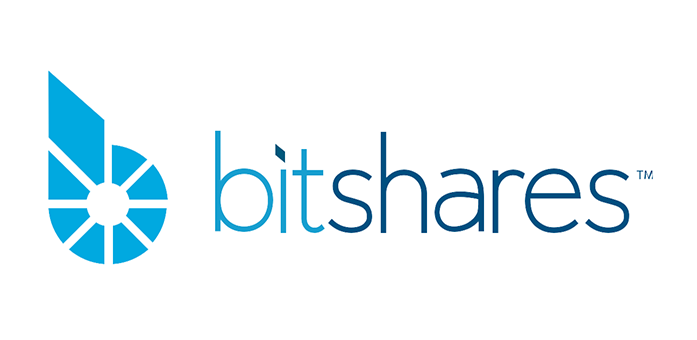
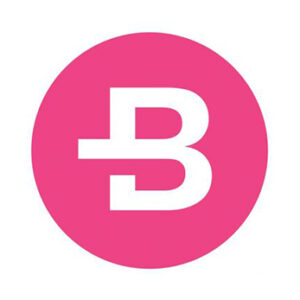
![Proof Ethereum Will Rocket to the Moon [Infographic] red-moon](https://fangwallet.com/wp-content/uploads/2018/02/red-moon-small.jpg)



















